Federal Election
Meet the candidates: Halifax
As voting day approaches, the Signal has profiled the candidates in three Halifax-area ridings.
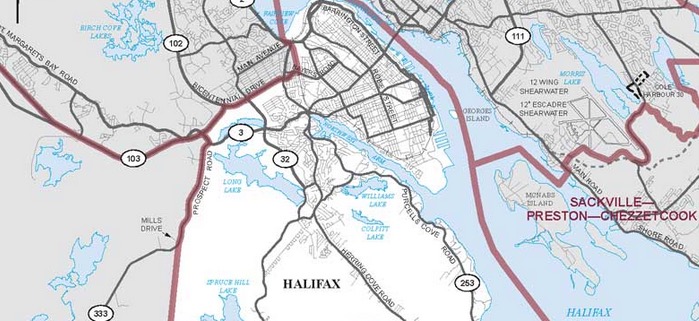
caption
Halifax comprises the central peninsula of Halifax, Fairmount, Spryfield, the eastern side of the Chebucto Peninsula southward to Sambro, and Sable Island. According to the 2016 census, it had a population of 94,610, up 2.1 per cent from 2011. The median age of residents was 36 and the median after-tax household income was $48,851.
Andy Fillmore, Liberal
People in red volunteer lanyards chat over Tim Horton’s coffee. The volunteers are gearing up to canvass the streets of Halifax. The door swings open and chatter picks up – Andy Fillmore has arrived, Starbucks in hand.
Fillmore’s Quinpool Road headquarters is plastered with red Liberal posters. Shaking hands and giving hugs, Fillmore works the room and people look pleased. It’s a quarter to ten and Saturday morning has just begun.
Fillmore won the riding with 51.7 per cent of the votes in the 2015 election, and is trying for a second term in the House of Commons.
Before becoming a politician, Fillmore was an urban planner in Halifax for 20 years. He attended the Harvard Graduate School of Design.
“As soon as I switched from private to (the) public sector, I could feel the bug of public service bite me.”
Fillmore says that by far the biggest concern Haligonians are voicing right now is the climate crisis.
Fillmore says that people want to be listened to more than anything and that’s why he hasn’t stopped knocking on doors since 2014.
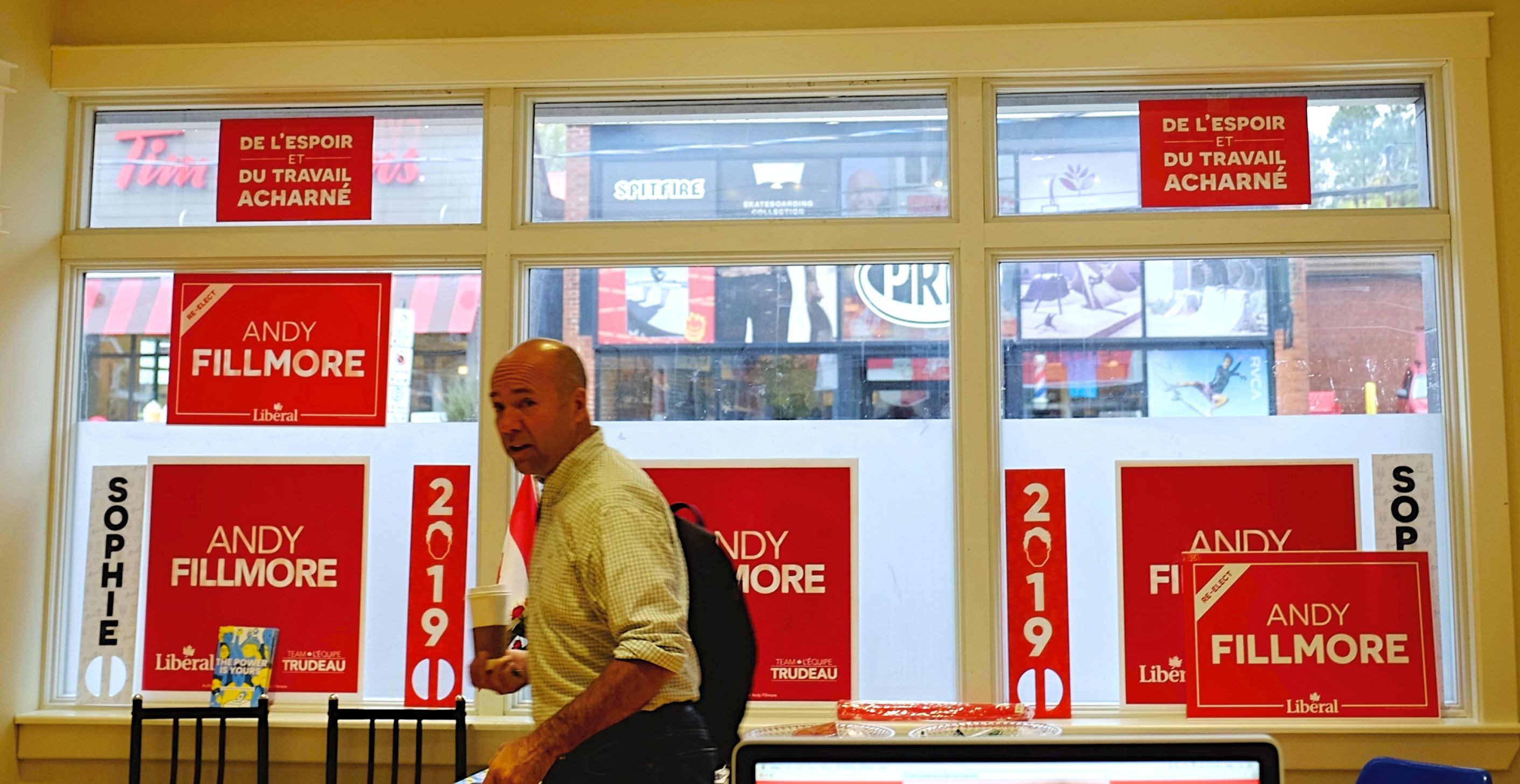
caption
Andy FillmoreWhile times are changing, and candidates have been using social media as an effective campaign strategy to reach voters, Fillmore still believes in old-fashioned face-to-face interactions.
A large part of Fillmore’s campaign is canvassing, which he does every weekend.
Fillmore also uses Facebook and Instagram to connect. According to Facebook’s ad library, since June of this year, until October 16, Fillmore spent $6,812 on ads on the services. Of that, $2,251 was in the week up to October 16.
Blackface
There’s no question the Liberal campaign took a hit when pictures surfaced of Justin Trudeau in blackface, but Fillmore believes this created opportunities to take the anti-racism conversation further.
Fillmore reached out to 35 leaders in the black and visibly diverse communities. Of the 35, including religious leaders, youth activists and community leaders, none was giving up on Trudeau.
“We have over 1,000 signs up, but I only had one sign brought back to the office.”
When Fillmore isn’t campaigning, he spends every spare minute with his 12-year-old daughter, Daisy.
After he’s finished knocking on doors until 7 p.m., Fillmore mentions his dinner date plans. He is going to pick up Daisy and the two are going to make a meal together.
“She’s got a new board game she wants to play. Ticket to Ride, that’s what it’s called. It’s about building railroads; it’s almost a planner (game), so maybe she’s following in my footsteps and wants to be a planner, I don’t know; it’s cute.”
On the day that Fillmore was sworn in in 2015, his daughter turned nine. She’ll be turning 13 at the end of this election.
Daisy has been on this journey with Fillmore and he says she’s a huge supporter.
“She very clearly misses me and wants to spend more time with me. We’ll get past this election …then I can figure out how to be more present with her as a teenager because that’s important.”
Just as Fillmore is finishing up his answer the door opens, and he is wanted for a picture. Fillmore asks for a couple more minutes to finish up the interview, but his team is persistent. He comes back to finish up the question and he’s needed once again to hit the streets and start canvassing.
Bruce Holland, Conservative
Bruce Holland has been involved in his community in Nova Scotia as long as he can remember, and now he is taking his first try at becoming the Conservative MP for Halifax.
Holland, 61, grew up in Shad Bay as the fifth child in his family, and has always taken to politics. Being a young person in a small town, Holland held a number of local volunteer positions.
After going to Sir John A. Macdonald High School in Upper Tantallon he took a few classes in college, and ultimately ended up getting married and having three children: Nicole, Lindsay and Jeremy. When the election for a new councillor came around, Holland was encouraged to run. After being successful and sitting on the Halifax County Council, he knew he loved being involved in the community in a political way.
Holland ran provincially in 1993. He was successful and served five years, when he was “often in hot water because he didn’t agree with the speed at which they were moving and making changes,” under then Premier John Savage’s leadership. In 1997, Holland ran for the provincial leadership of the PC party, and after he was unsuccessful, took more than ten years off politics. He ran for MLA in Halifax-Atlantic in 2017, and was unsuccessful, but this time around he is taking a stab at running federally. Holland is optimistic.
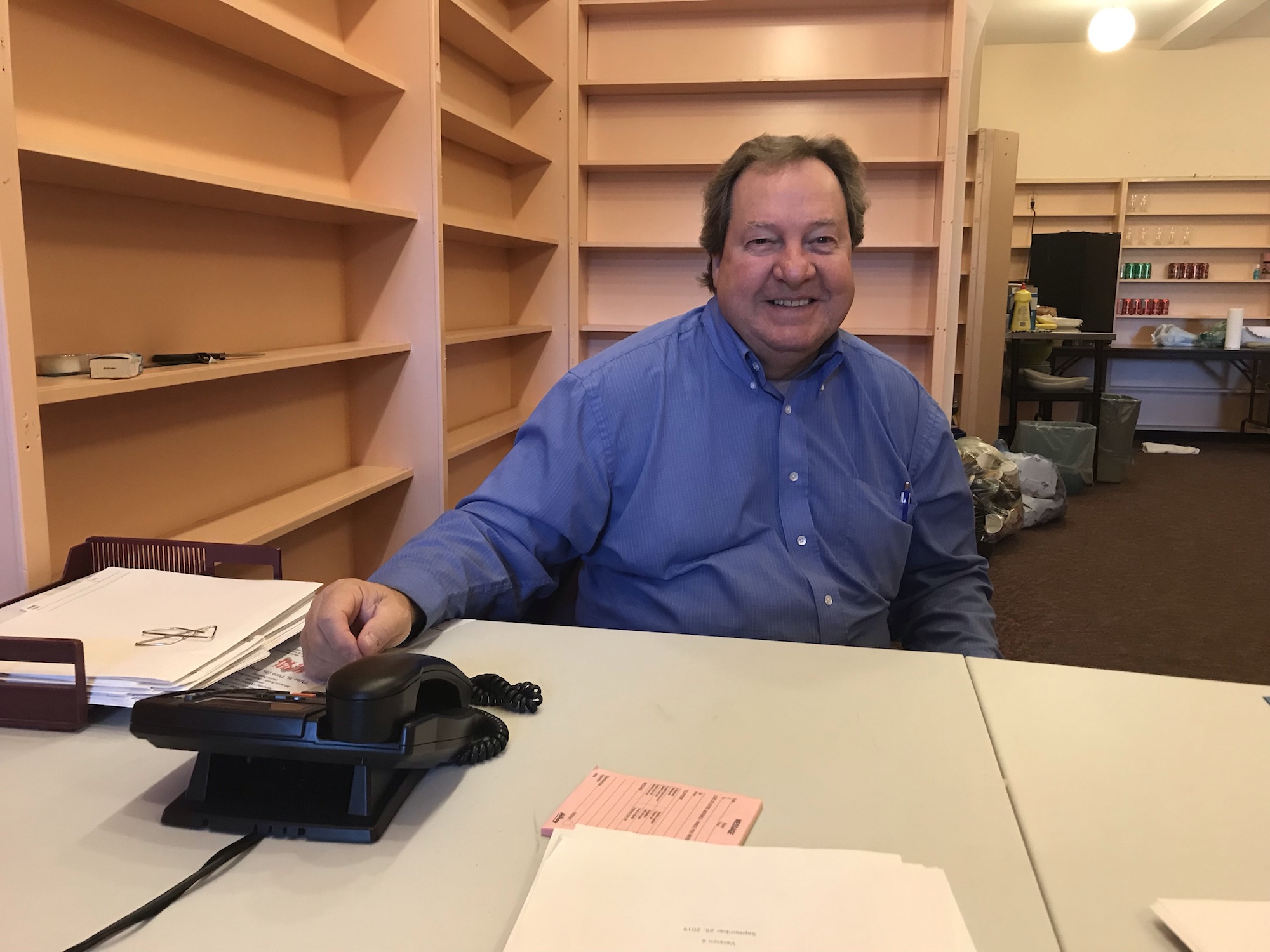
caption
Bruce Holland“It seems to be going really well. There seems to be a lot of anti-Trudeau sentiment out there. It seems to be a lot more anti-Trudeau, and less so anti-Andy,” said Holland, referring to Andy Fillmore, incumbent MP for Halifax.
Holland is the executive director of the Spryfield Business Commission, which promotes and supports about 180 businesses in the area.
Holland says voters in the riding are passionate about climate change and affordable housing, both areas in which he thinks Conservative leadership can really make a difference.
“People, especially young people, are making it clear that they are concerned about climate change,” said Holland. He says that the Conservatives have “a good record in cleaning up environmental issues in this province,” citing that they were able to clean up the Halifax Harbour and the Sydney Tar Ponds with money from the federal government.
As for affordable housing, Holland says that what has been done in the last four years in Halifax is “quite embarrassing,” and not enough.
“Students and seniors alike are looking for affordable housing, and the rent prices continue to rise,” he says.
Holland says that, above all, he wants voters to know that he has always been involved in the community for the sole reason of being involved and bettering people’s connection to their community. He has sat on countless community boards and committees that have made real progress, such as developing the Canada Games Centre, and the Halifax Natal Day Committee. He thinks that he could bring these skills and experiences of being an involved community member to the job of MP.
Christine Saulnier, NDP
Christine Saulnier aims to reclaim Halifax, a riding the NDP held for 18 years before the 2015 election.
In April, Saulnier was announced as the NDP candidate for Halifax. She was the only nominee.
Growing up in rural New Brunswick, Saulnier lived with her parents Basil and Bertha Saulnier. After her father passed away from cancer in 1976, Saulnier’s mother was left to raise three children on her own.
“Certainly, it was a struggle,” Saulnier says about growing up in a single-parent home, “Money was like another member of the family. It was a constant stress in our household.”
The challenges she faced early in her life grew into passion and dedication.
“I think it comes from my upbringing. It was from being raised by a single mother who struggled.”
Saulnier sees her mother as a major influence, saying, “She was that woman who was fearless and knew that if she needed something, she needed to stand up for herself.”
“She was an incredible mother but what she was, was somebody who fought so damn hard every damn day to just keep up appearances and make sure we had what we needed.”
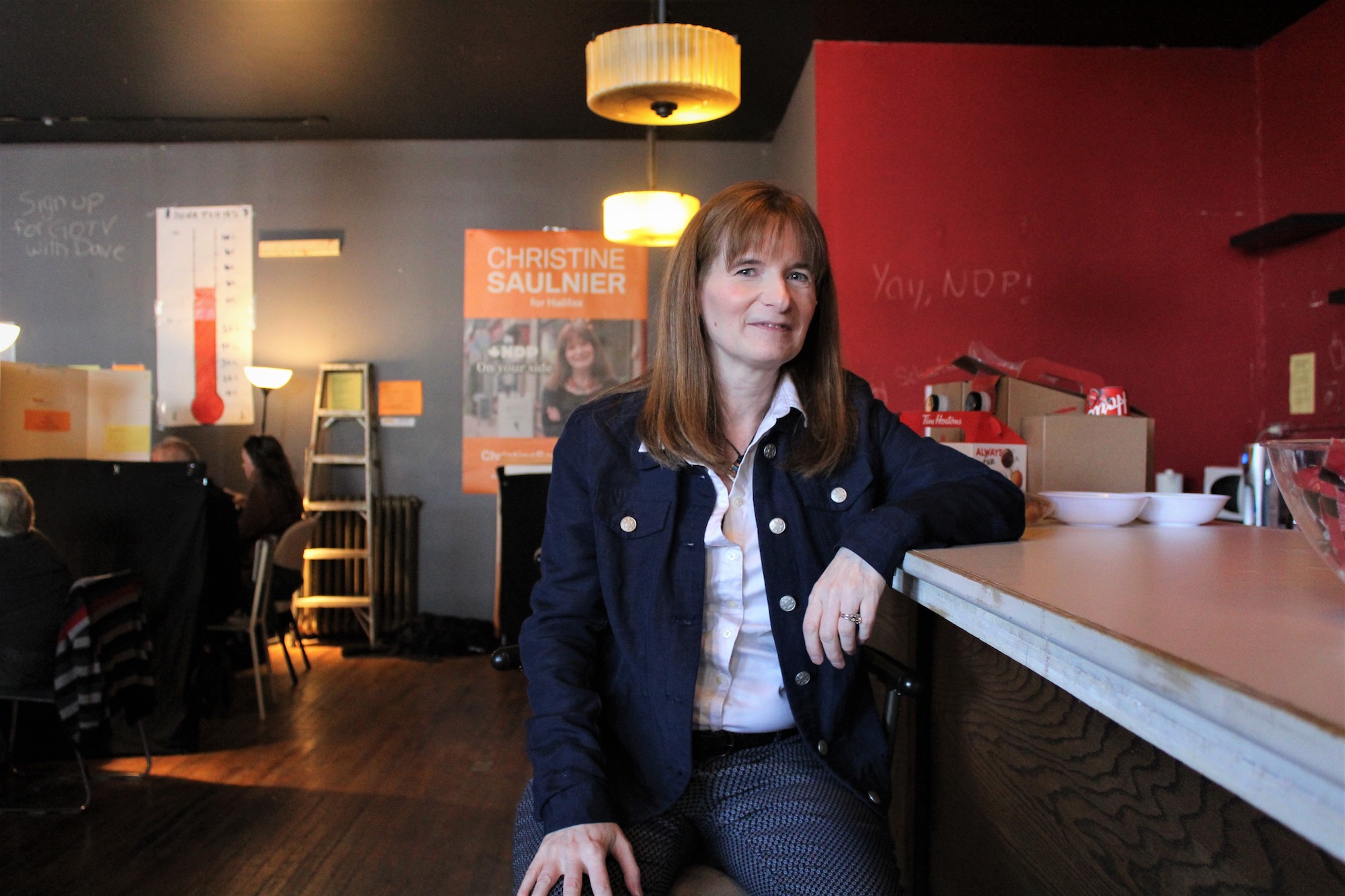
caption
Christine SaulnierHer mother’s impact stayed with Saulnier after she left for university, and beyond: “(I) was able to look back on who this woman was,” says Saulnier, “She obviously influenced me to try and make things better for people.”
Saulnier earned a bachelor of social science from the University of Ottawa in 1992, a master of arts from the University of Victoria in 1995 and a PhD in political science from York University in 2003.
After completing her doctorate, Saulnier was offered a job at the Atlantic Centre of Excellence for Women’s Health, an organization that operated from 1996 to 2013 and conducted policy-oriented research aimed at improving the health status of Canadian women.
Saulnier moved from Toronto to Halifax in 2003. She and her husband Michel Gallant bought a house in the North End three years later – currently valued for taxes at $325,000 – where they live with their three kids.
After working as senior researcher and research manager at the centre for excellence, she moved on to become the Nova Scotia director of the Canadian Centre for Policy Alternatives, a non-partisan research institute concerned with issues of social, economic and environmental justice.
To win the riding back, Saulnier, like her opponents, has taken to using social media ads to spread her platform. In total Saulnier had spent nearly $500 on ads on Facebook and Instagram, by Oct. 16, according to Facebook’s ad library.
Duncan McGenn, People’s Party
When Green Party leader Elizabeth May announced that her campaign platform would include decriminalizing hard drugs, Duncan McGenn knew he had to run for Parliament.
McGenn is campaigning to represent Halifax as a member of the People’s Party of Canada. He says that his daughter’s experiences with drug addiction and mental illness are what spurred him to seek public office.
He believes decriminalization would make it easier for drug dealers to sell their products and increase the likelihood of relapse for recovering addicts.
“I don’t think we need to perform a social experiment in Canada with people’s lives at stake,” he says. “It’s just not worth risking even one person.”
The British Columbia native moved to Nova Scotia more than 30 years ago. He had completed a two-year business diploma program at a West Coast college and was planning to earn a degree at St. Mary’s University.
Before he could finish his degree, though, he decided to leave university and focus on growing his carpet-cleaning business.
The bet paid off. Today, Easy Care Carpet and Upholstery Cleaners employs about ten people, and Halifax Chem-Dry—a new, environmentally friendly incarnation of the company—is growing quickly.
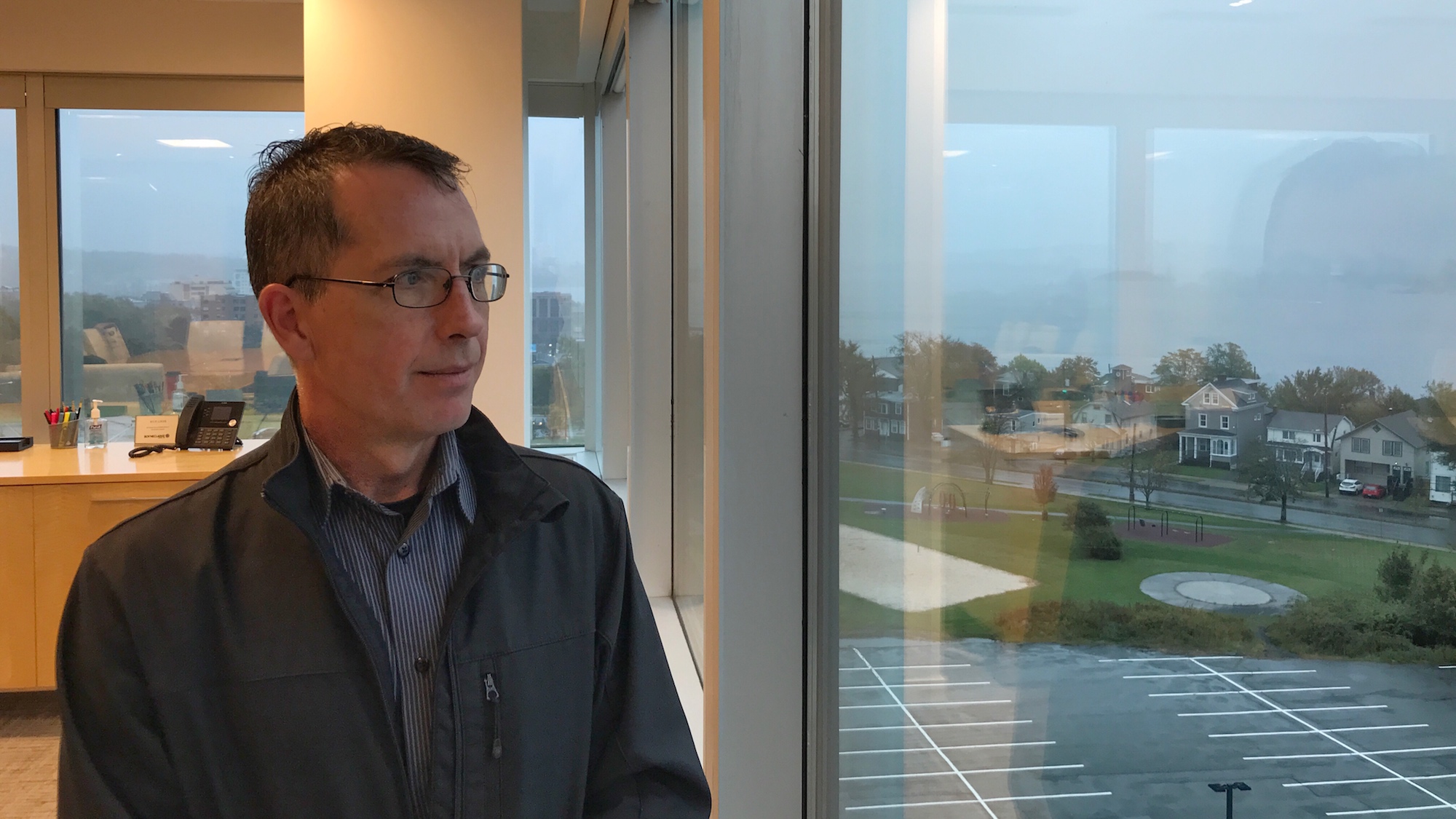
caption
Duncan McGennMcGenn says that his British Columbian roots are still very much a part of his character. Halifax Chem-Dry uses only non-toxic cleaners, and he credits the West Coast’s environmentally conscious culture for his interest in sustainable business.
Crystal meth
When his daughter developed a crystal meth addiction during a stay at a Vancouver Island hospital, he brought her back to Nova Scotia with him. Since her arrival, the more limited availability of meth in the province has made it easier for her to stay sober.
“She told me she had taken the bus downtown looking for crystal meth, and she told me she couldn’t find it,” he says. “Had we been in Victoria, it would have been game over.”
McGenn entered the race late. Elizabeth May made her decriminalization announcement on Sept. 21 and he declared his candidacy on Sept. 30, which was the last day that registration was open. The previous PPC candidate had stepped down late in the process to focus on personal issues.
Despite a late start and a controversial party affiliation, McGenn is optimistic about his chances on election day.
“I’m in it to win it,” he says. “I want to be known as the hardest working candidate in this campaign… I’m prepared to get out and campaign for 10 or 12 hours a day until the last ballot is cast on the 21st.”
But the response to his candidacy has not been universally positive. In one incident, he recalls, he was asked to leave a local auto dealership after attempting to campaign in the showroom.
Negative attention is not unusual for the People’s Party of Canada—the nascent competitor to the Conservatives that was founded last year by disgruntled former member Maxime Bernier. Among the critics has been New Democrat leader Jagmeet Singh, who suggested during a debate that the PPC is “inciting hatred” with its hard-line stances on immigration and refugees.
“I think the whole immigration thing is a smokescreen,” says McGenn. “It’s being thrown out as a distraction against our other policies.”
The PPC’s true priority, he explains, is fiscal responsibility. If elected, the party has pledged to balance the federal budget in two years, compared to Conservative leader Andrew Scheer’s five-year promise.
And it has been government spending—not immigration concerns—that he has heard the most about from the public during his campaign.
“It’s government spending and these deficits that governments are running,” says McGenn. “Nobody’s dragging them up on the mat about their spending… The opposition is silent, so who’s holding them accountable? Nobody is.”
Jo-Ann Roberts, Green Party
Green Party Candidate Jo-Ann Roberts ran in Victoria during the 2015 election, but her bid for the Halifax seat is about more than a change in location, it is a return home.
Roberts, 62,was born on PEI but grew up in Halifax. She is dedicated to fighting climate change in line with the Green platform, and to holding those in Parliament accountable to their campaign promises. The latter stemming from her 25-year career as a journalist.
Roberts covered everything from the AIDS Crisis to the Stanley Cup riots. Her work was primarily with the CBC as a radio show host and reporter. She holds an undergraduate degree in political science from Mount Allison University and a journalism degree from Carleton University.
In 2014 Roberts left her position at the CBC to speak up about how she felt the public broadcaster was being dismantled by the Harper government.
“I thought, I’ve got to step down, and be able to raise my voice, not just about the CBC but Stats Canada, about scientists being silenced about what was happening in terms of the climate and why we weren’t talking about it.”
After leaving the CBC, Roberts was approached by the Greens and the Liberals to run for them in the 2015 federal election. Jo-Ann chose the Greens as their platform is in line with her personal values.
The risk Roberts has taken however, in switching from journalism to politics, is considerable.
“I look at my opponents and they all have jobs to go back to when this is over,” says Roberts. “That’s the difference when you’re a journalist and you go into politics, you put everything on the line. You don’t cross back over.”
Roberts ran for the Greens in Victoria during the 2015 federal election – receiving 23,666 votes – but came in second, defeated by New Democrat Murry Rankin. Rankin Received 30,397 votes.
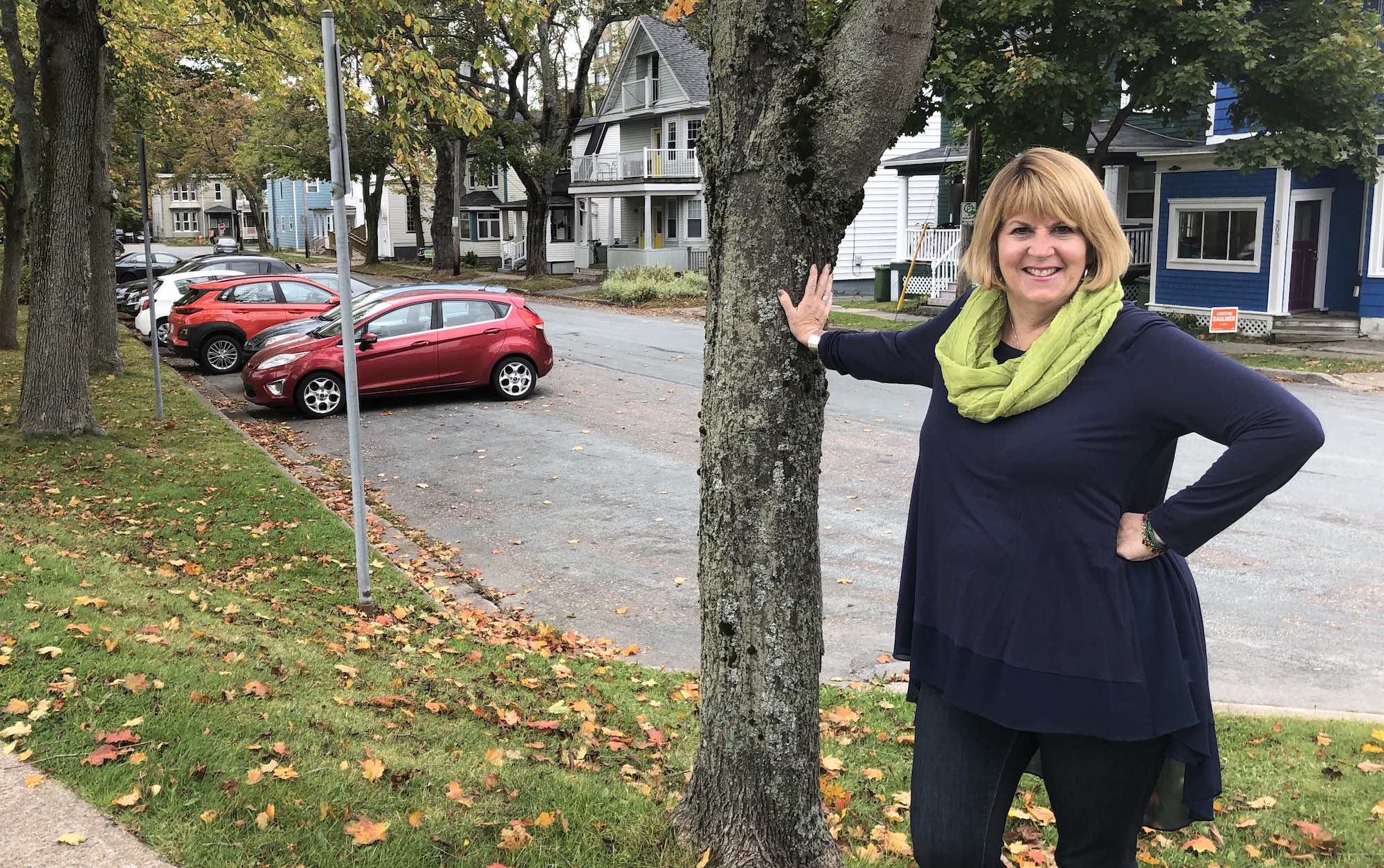
caption
Jo-Ann RobertsIn that same election, Halifax Green Party candidate Thomas Trappenberg, current leader of the Green Party of Nova Scotia, received 1,745 votes putting him in fourth place.
Seeing how the Greens have performed in Halifax historically, Roberts knows that winning the seat will be an uphill battle, but she remains driven to make change.
“There has not been a strong Green campaign here before. I’m tilling new soil. But the advantage is we’ve had big wins in PEI and New Brunswick,” says Roberts, “we’re kind of under the radar, which is great as far as I’m concerned because everything we do we’ve pushed the bar higher and that’s exciting.”
Roberts’ campaign has paid for 14 ads on Facebook and Instagram since the start of the campaign, costing about $323, according to the Facebook ad library.
Roberts’ move to Halifax was not dictated by the likelihood of political success, but by a need to return to her roots in the city.
“If all I wanted was to win a seat I’d have stayed in Victoria,” she says. It is the most winnable riding for Greens. Coming back here was taking on a much bigger challenge. I came home for mom.”
Roberts moved back to Halifax in 2017 with her husband Ken. They live in a quiet neighbourhood near the Amdale Roundabout, in a townhouse valued at $384,700 for taxes.
Editor's Note
These profiles were prepared by students in the 3rd year Advanced Reporting course
About the author
Talia Meade
Student journalist from Ottawa. Interested in videography, creative nonfiction and politics.

Natalie MacMillan
Natalie MacMillan is from Toronto, Ontario, and works out of Halifax.
Cam Towner
Cameron is a 4th-year journalism student from Innisfil, Ontario, and has lived in Halifax since 2017. He works as the Head of Broadcast for the...
Alec Martin
Alec (they/them) is a journalist based in Halifax, with a focus on music and arts. Their work has appeared in The Coast and they are a member...

A
Ann Zinck